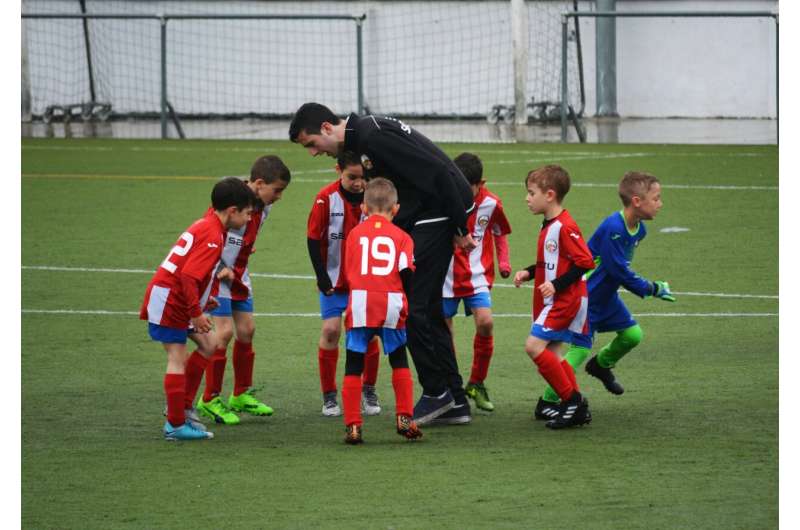A Whole-Club Strategy for Promoting Youth Mental Health

A comprehensive, whole-club approach is essential for effective youth mental health promotion in sports clubs. Engaging all stakeholders helps create supportive, inclusive environments that embed mental health strategies into routine practices. Learn how sports organizations can foster sustainability and positive impact.
Sports organizations have significant potential to positively influence the mental well-being of young members. Achieving meaningful and lasting change, however, requires active participation from the entire club, not just individual coaches. A recent study by Flinders University, published in Qualitative Research in Sport, Exercise and Health, emphasizes that mental health initiatives in sports clubs should adopt a comprehensive 'whole-club' approach, involving stakeholders such as parents, committee members, trainers, and volunteers.
Lead researcher and psychologist, Kate Rasheed, highlights that focusing solely on coaches is insufficient. Instead, holistic strategies that encompass the entire club environment are essential for supporting youth mental health effectively. Despite the recognition of the importance of mental health support within sports communities, many initiatives remain superficial or disconnected from the club’s core culture, often limited to isolated activities that lack integration.
The study, based on interviews with 23 stakeholders—including coaches, parents, and club officials—revealed an urgent need to embed mental health programs into the club’s routine practices and policies. Creating safe, inclusive spaces and linking mental health support with the club’s existing activities can foster a more supportive environment. Additionally, bridging the divide between physical and mental health through sport-specific methods can enhance overall well-being.
Rasheed suggests that even small, strategically aligned adjustments within a club’s routine can significantly impact mental health outcomes. The key is to do things differently, ensuring mental wellness becomes part of the club’s identity rather than a series of standalone efforts. These insights underscore the importance of a multilayered, collaborative approach to nurturing mental health in youth sports, ultimately helping clubs serve as effective venues for mental health promotion.
Stay Updated with Mia's Feed
Get the latest health & wellness insights delivered straight to your inbox.
Related Articles
Emerging Hope for Patients with Treatment-Resistant Depression Through Vagus Nerve Stimulation
A new study highlights the potential of vagus nerve stimulation to improve outcomes in treatment-resistant depression, offering hope for patients with severe, hard-to-treat symptoms.
Impact of COVID-19 Pandemic on Parents and Youth: Challenges and Opportunities
A detailed study explores how the COVID-19 pandemic affected families, revealing both challenges like anxiety and grief, and positives such as increased resilience and personal growth, highlighting the need for tailored support systems.
Are Smartwatches Accurate in Detecting Stress? New Research Reveals Limitations
Recent research highlights the limitations of smartwatches in accurately detecting stress levels, emphasizing the need for combined self-reporting and biometric data for better mental health insights.
Keto Diet May Reduce Depression Symptoms in College Students
A recent pilot study shows that following a ketogenic diet for 10 weeks can lead to significant reductions in depression symptoms and improved well-being among college students already receiving treatment for depression.



